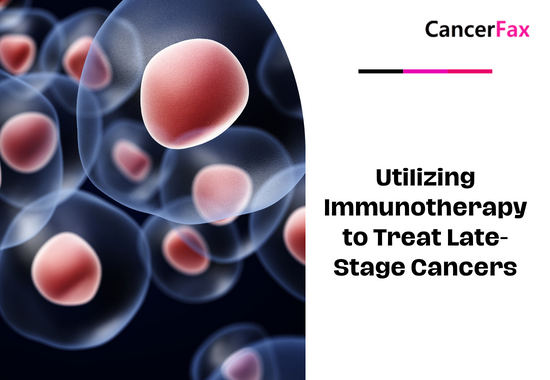Screening of cervical cancer
Is it safe to extend the screening interval to 5 years or more after a negative screening result? A new study shows that the risk of cervical cancer after one or more combined HPV tests and cytology screening results is negative Is significantly reduced. The study found a follow-up analysis of 1 million female subjects. The analysis showed that the risk of invasive cervical cancer and cervical CIN3 lesions decreased with each round of combined testing and screening. This risk reduction is most significant between the first and second rounds, and is more significant than the second and third rounds. (Ann Intern Med. November 27, 2017 online version)
Cervical cancer screening guidelines have been changing, especially with the HPV vaccine. The 2015 edition of the ACOG guidelines recommends that HPV testing can be used as an alternative screening method for women over 25 years of age. It is recommended to receive cytology every 3 years. It is also pointed out that combined cytology and HPV testing are more preferred. The USPSTF draft guideline recommends testing only HPV high-risk subtypes. As an alternative to simple cytology for women over 30, joint testing is no longer recommended.
The researchers pointed out that there is not much research evidence on the efficacy of HPV testing, and most of the published HPV testing screening studies are based on a round of screening. The researchers analyzed 990013 women who had undergone joint testing from 2003 to 2014, and analyzed the change in cervical cancer risk after the results of consecutive joint testing were negative.
The analysis found that as the negative result of the combined test increased, the risk of cervical cancer and ≥CIN3 lesions continued to decrease, and the negative effect of the first combined test had the greatest impact on risk reduction. In any round of screening, the effect of pure HPV test results on the risk of cancer is consistent, regardless of the cytological test results, regardless of the combined test results. Those who were negative for the first HPV test had a 5-year reduction in invasive cervical cancer risk of 0.0092%, and those who had a negative third test result had a 0.0015% reduction in risk; 3-year risk for invasive cervical cancer was negative for the first and third tests Decrease by 0.0081% and 0.0015%. The three-year negative cytological risk of cancer was reduced by 0.0140% and 0.0023%, respectively.
A researcher commented that the study showed that in the first joint test, women with negative HPV tests only had a slightly higher risk of cancer than those with negative combined tests, and those with negative HPV results in the second combined test further reduced the risk to third After the second negative, it basically disappeared. In detecting CIN3 lesions, the advantages of combined testing over HPV testing are very small. Joint testing only added unnecessary colposcopy and biopsy and over treatment.

